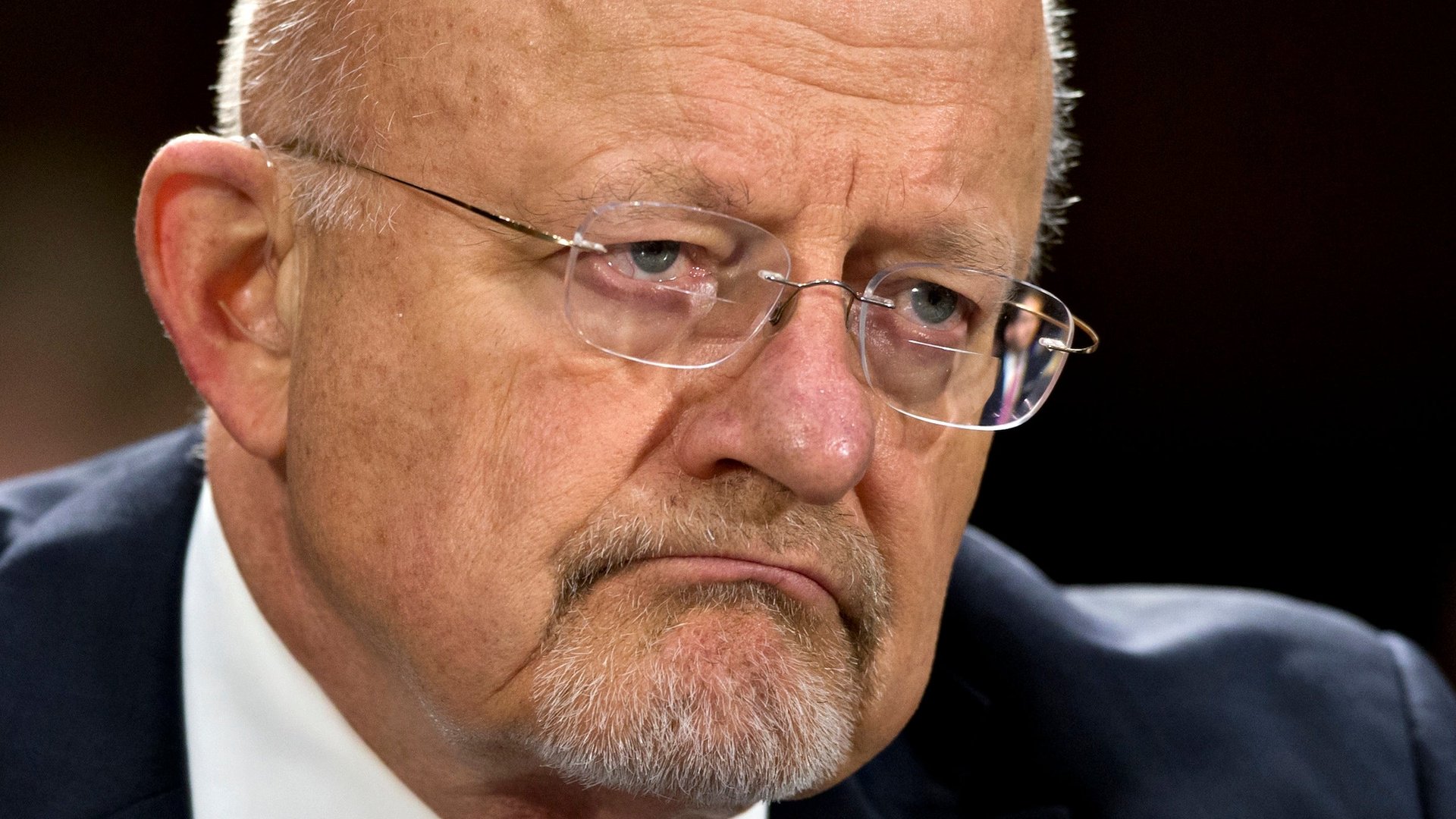NSA leaker Edward Snowden gets his wish: “Change”
In disclosing classified details about some of the US government’s most secret surveillance programs, NSA leaker Edward Snowden said his greatest fear “regarding the outcome for America of these disclosures is that nothing will change.”


In disclosing classified details about some of the US government’s most secret surveillance programs, NSA leaker Edward Snowden said his greatest fear “regarding the outcome for America of these disclosures is that nothing will change.”
At least some change, however incremental, came today in Washington. A bipartisan group of eight senators said it will introduce a bill aimed at forcing the government to disclose how it interprets laws undergirding the surveillance programs that The Guardian and The Washington Post revealed last week on the basis of Snowden’s leaks.
One of those senators, Ron Wyden, a senior member of the Senate intelligence committee, also issued a sharp statement that stops just short of publicly calling the nation’s top spy, Director of National Intelligence James Clapper, a liar. The statement refers to a now-infamous exchange during a public Senate hearing in March, when Wyden asked if the NSA collects “any type of data at all on millions or hundreds of millions” of Americans.
“No, sir,” Clapper said.
“It does not,” Wyden responded, seemingly surprised.
“Not wittingly,” Clapper said. “There are cases where they could, inadvertently, perhaps collect, but not wittingly.”
That seems to have been, at the very least, an imaginative description of the facts. Snowden’s leaks included evidence that, under a top secret court order, Verizon Wireless provides data on every single call routed through its networks to the NSA, and has been for perhaps seven years; subsequently, the Wall Street Journal confirmed (paywall) that the same was true at least of AT&T and Sprint, the two other biggest wireless carriers.
In the wake of Snowden’s disclosures, critics on the left and the right have turned angrily on Clapper for his exchange with Wyden. Some have suggested he be prosecuted for lying to Congress, or at the very least, hauled before it again to answer more questions. Wyden, whose statement today says his office originally gave Clapper “a chance to amend his answer” after the Senate hearing, is now calling for public hearings. Americans, Wyden said, “have the right to expect straight answers from the intelligence leadership to the questions asked by their representatives.”
Clapper has tried to defend himself. He told a National Journal reporter a few days ago that he meant that the NSA “does not voyeuristically pore through” Americans’ data. And he told a TV interviewer yesterday that he answered Wyden in the “least untruthful manner” possible (given, presumably, that it was an open hearing), and suggested that the problem came down to a semantic quibble over the meaning of the word “collect.” Needless to say, that has only fueled the scorn of pundits. Clapper’s evasiveness makes “Alberto Gonzales look good,” fulminated the New York Times editorial-page editor, comparing Clapper to the disgraced attorney-general of the George W. Bush years.
Still, any public debates on secrecy will be hamstrung by secrecy itself. Wyden would not comment further on the matter; a staffer at his office would only say that Wyden is frustrated that he can’t say more about the issue, because so much of what he knows—about Clapper’s comments and the surveillance programs—is classified. NSA and DNI officials had no immediate comment either.